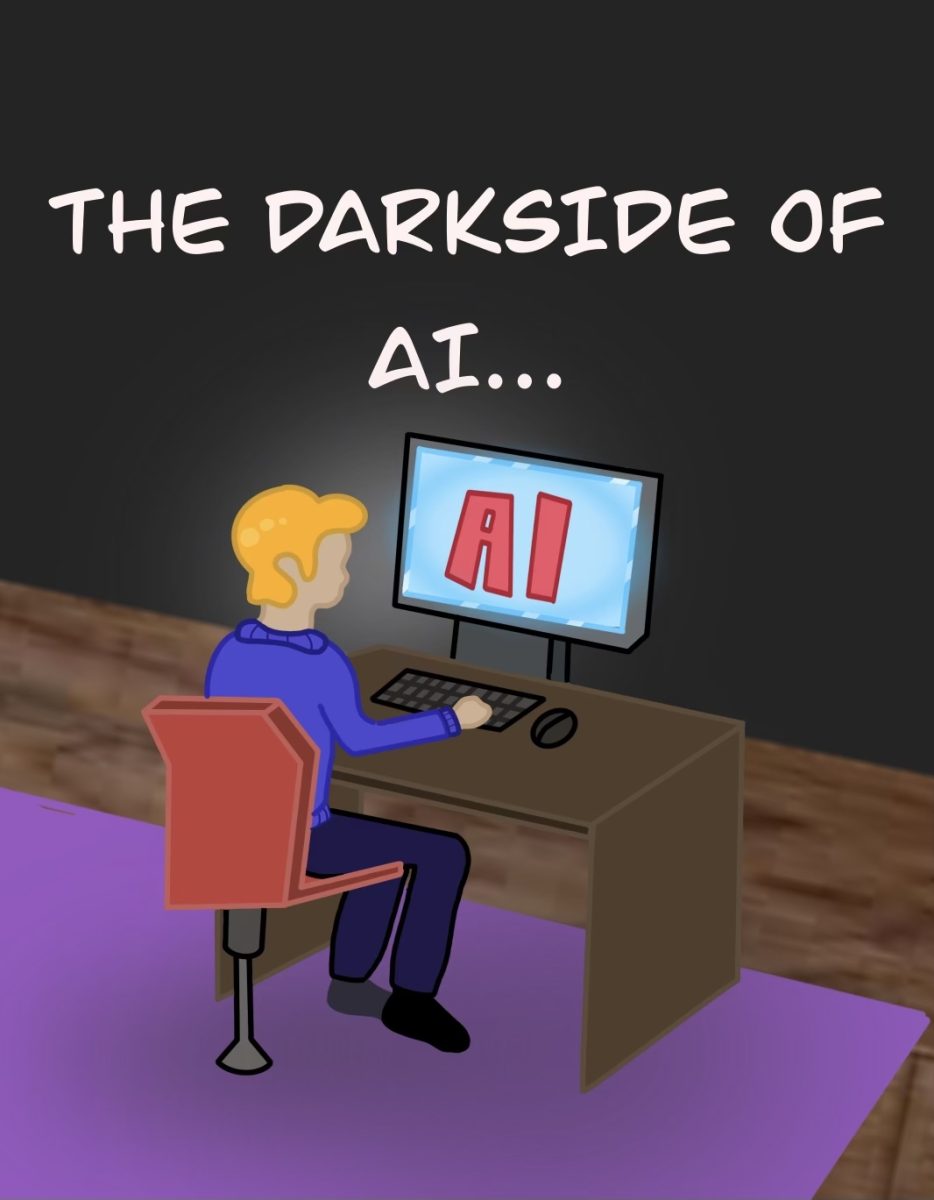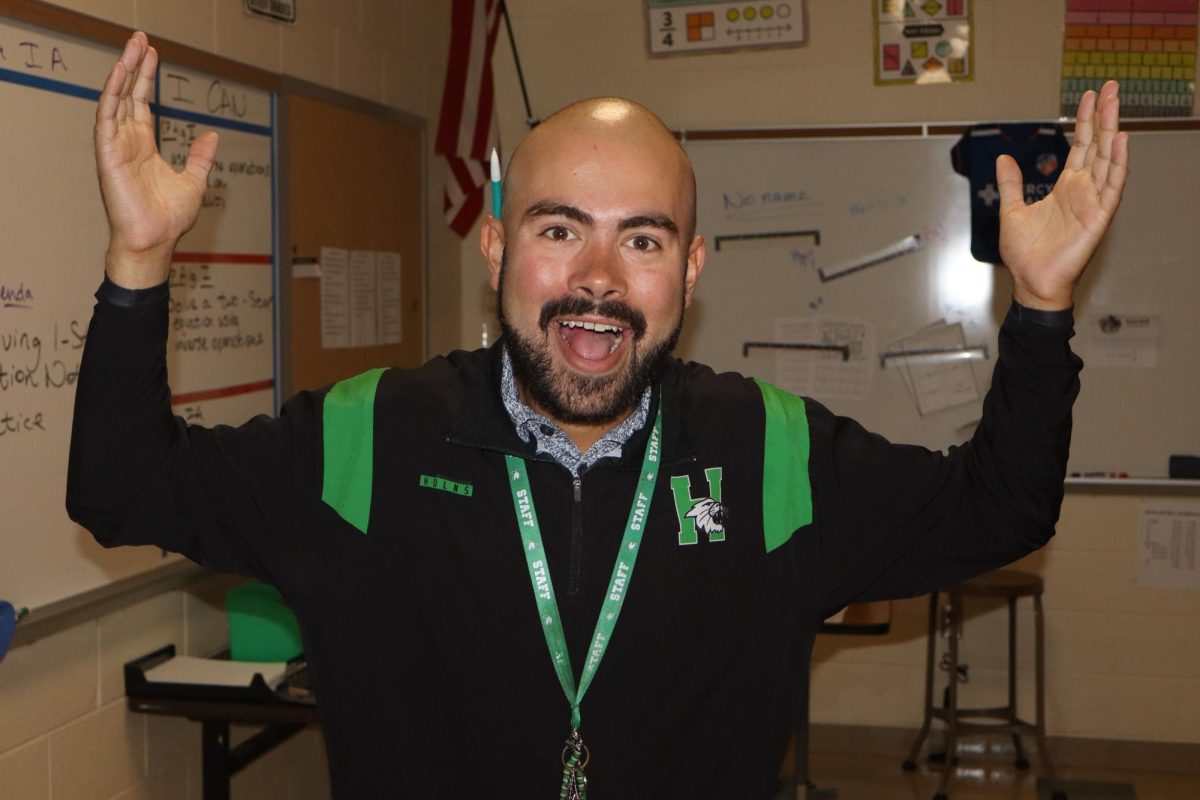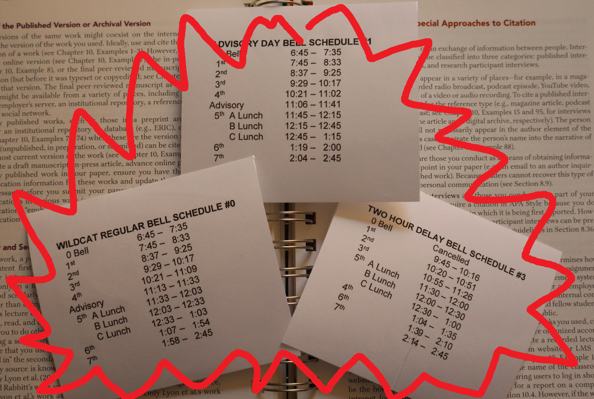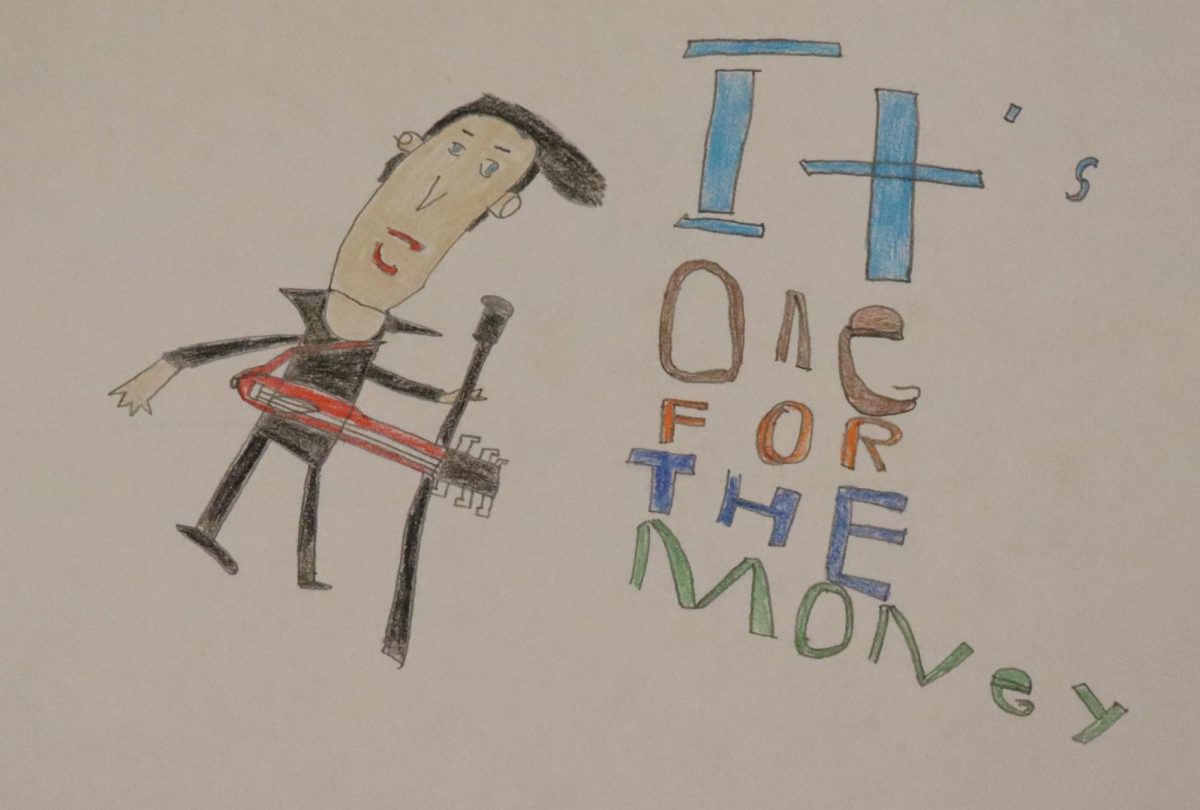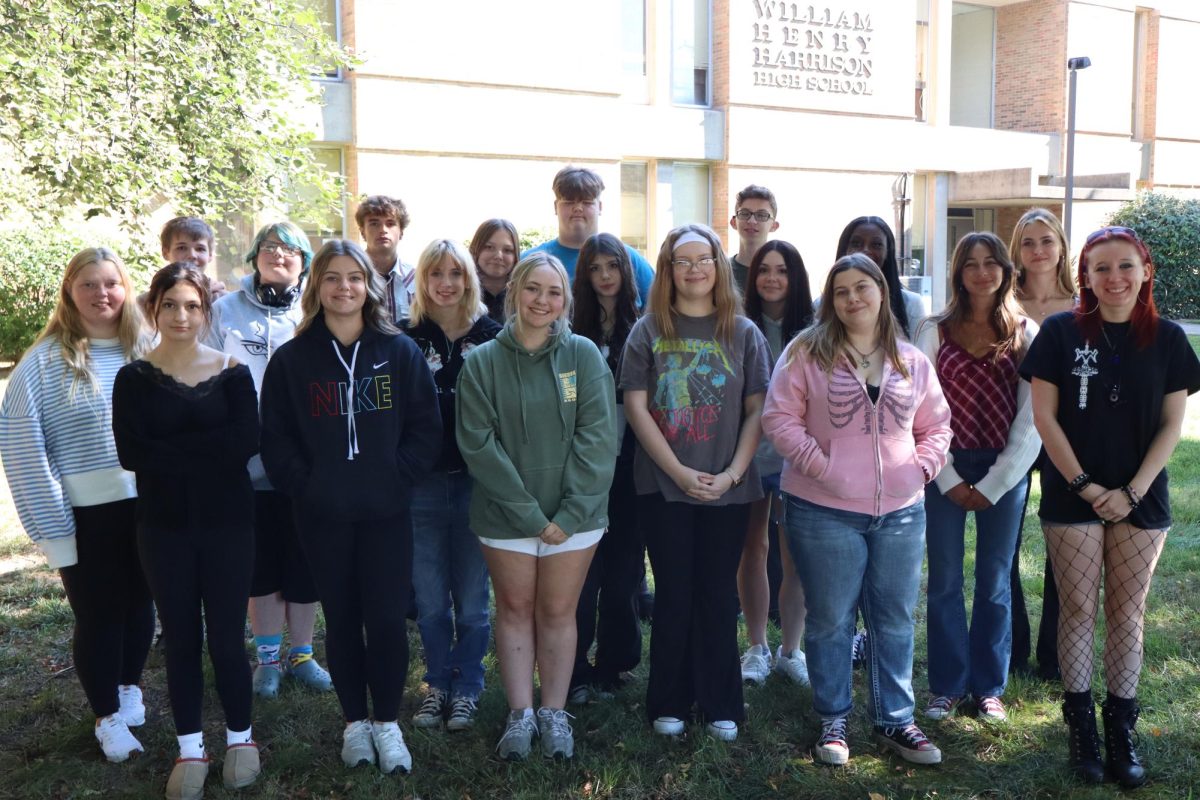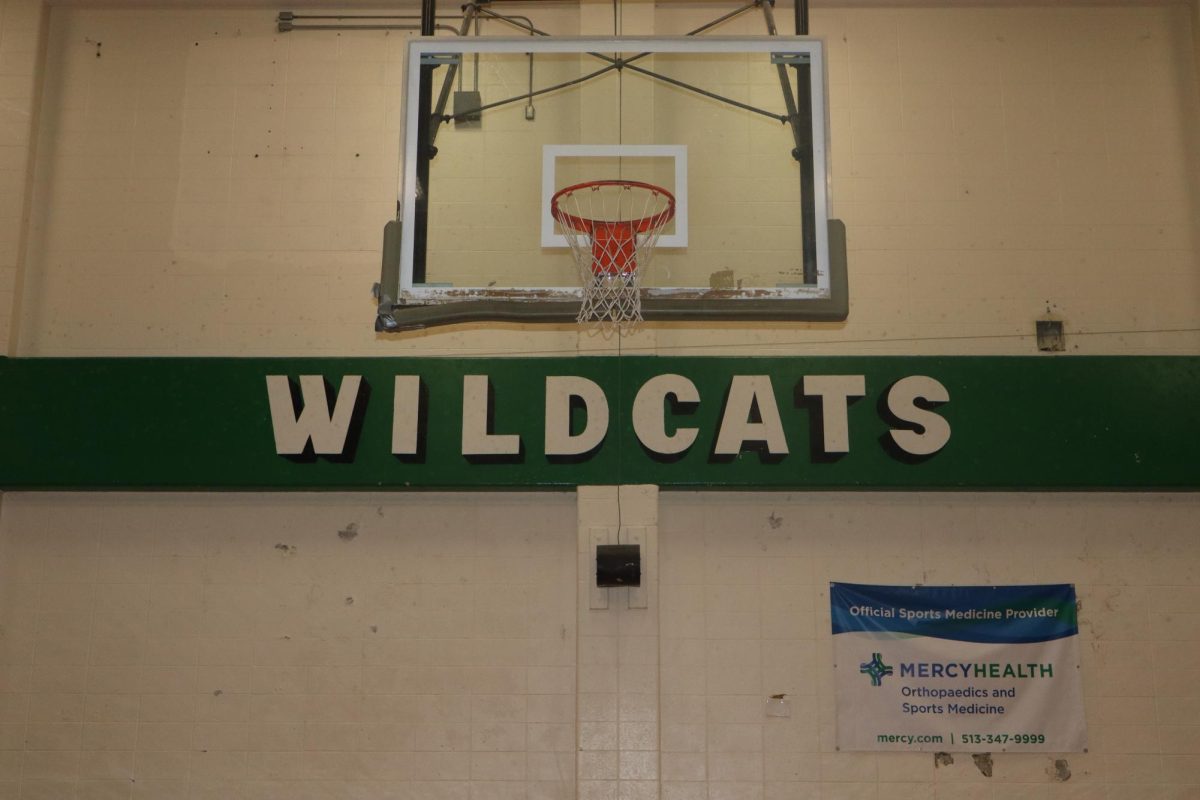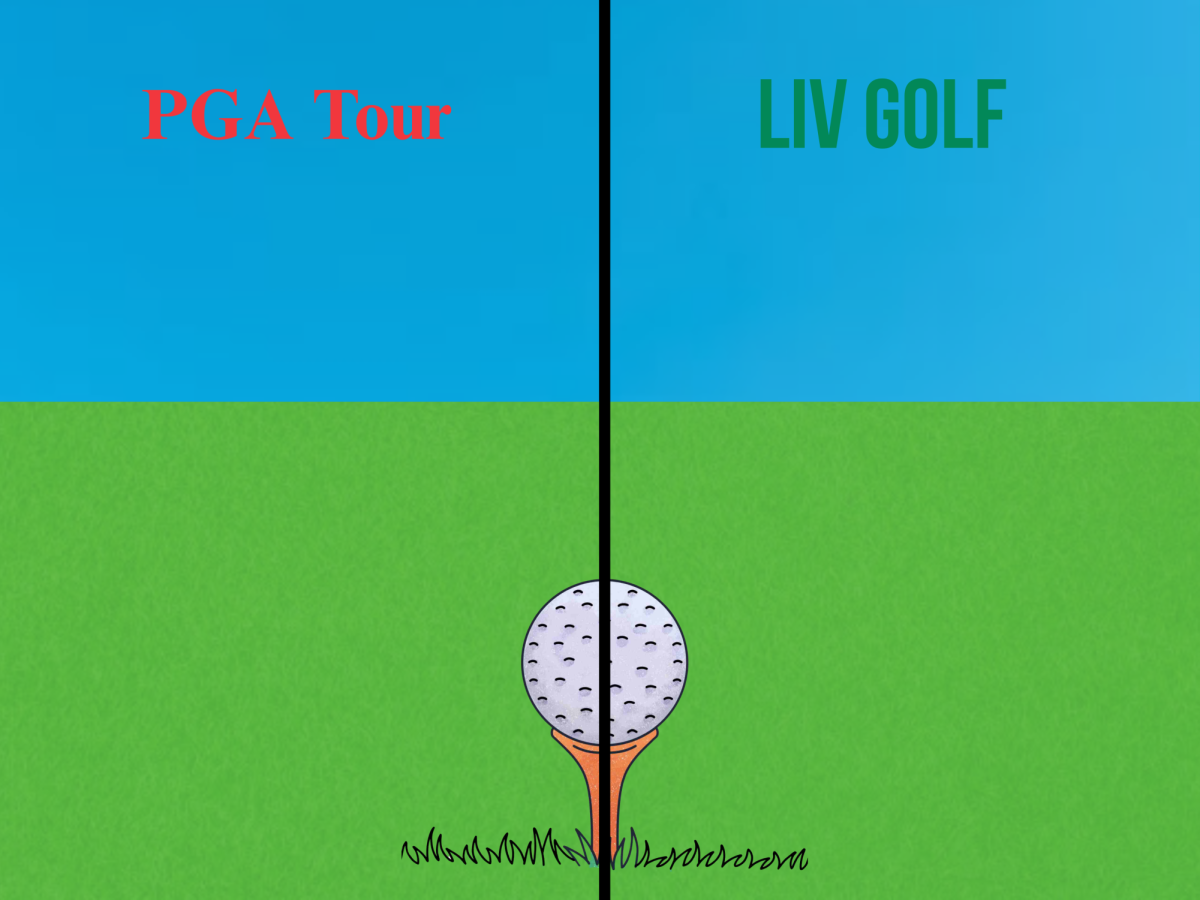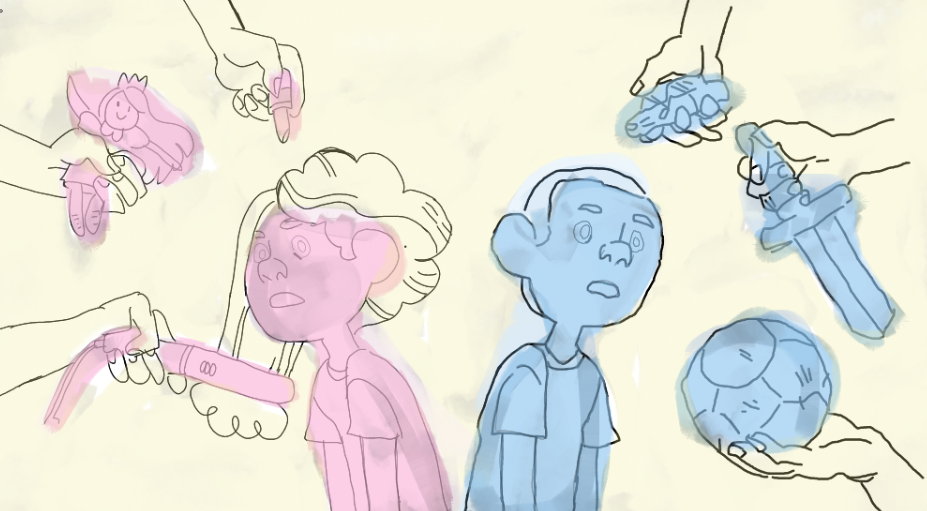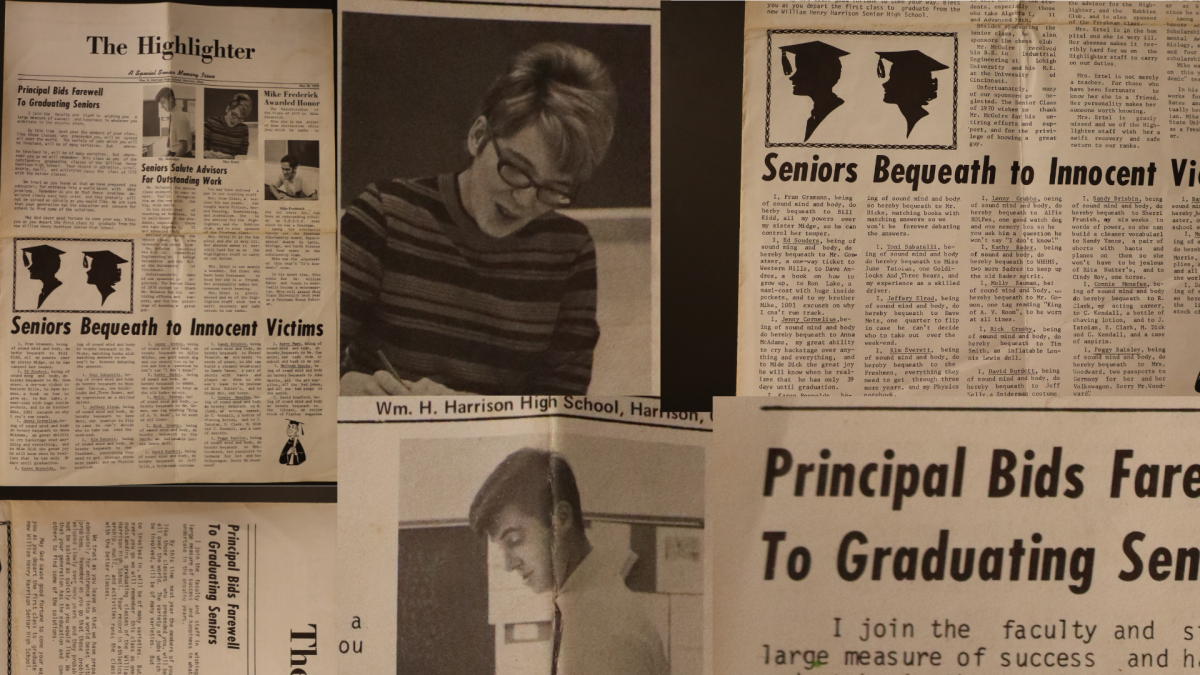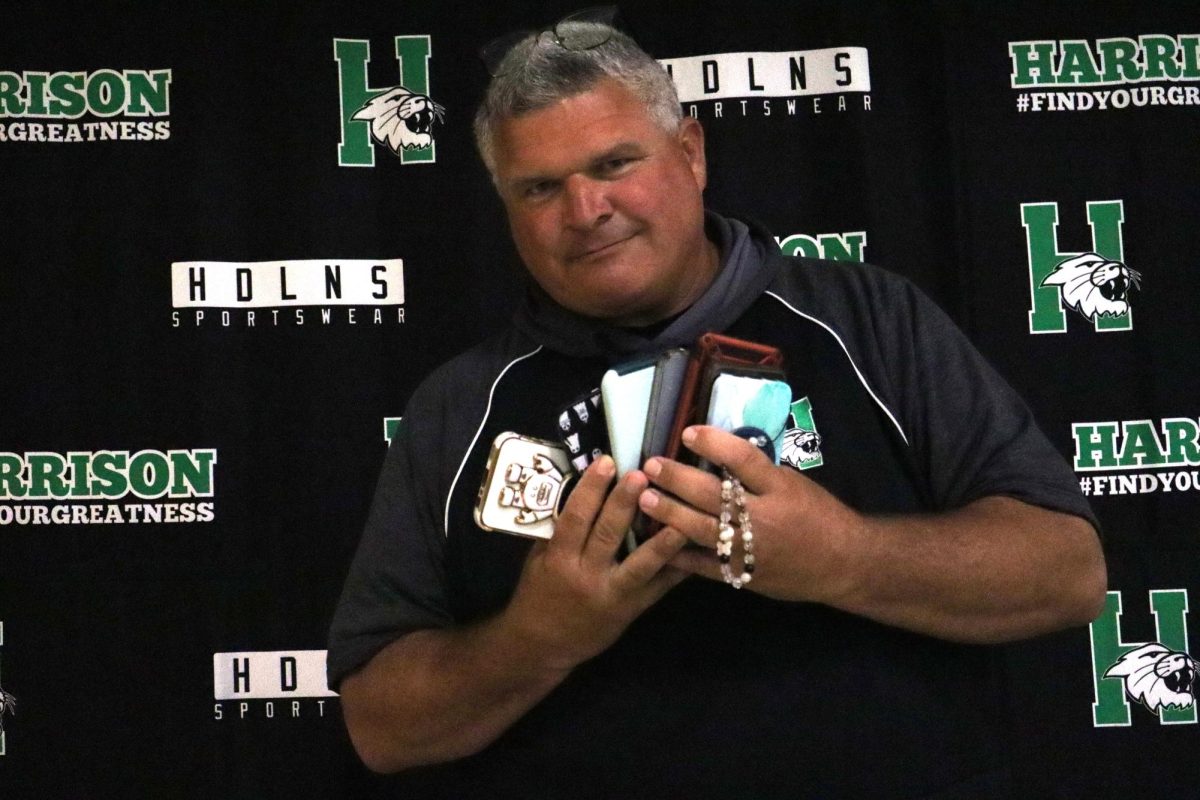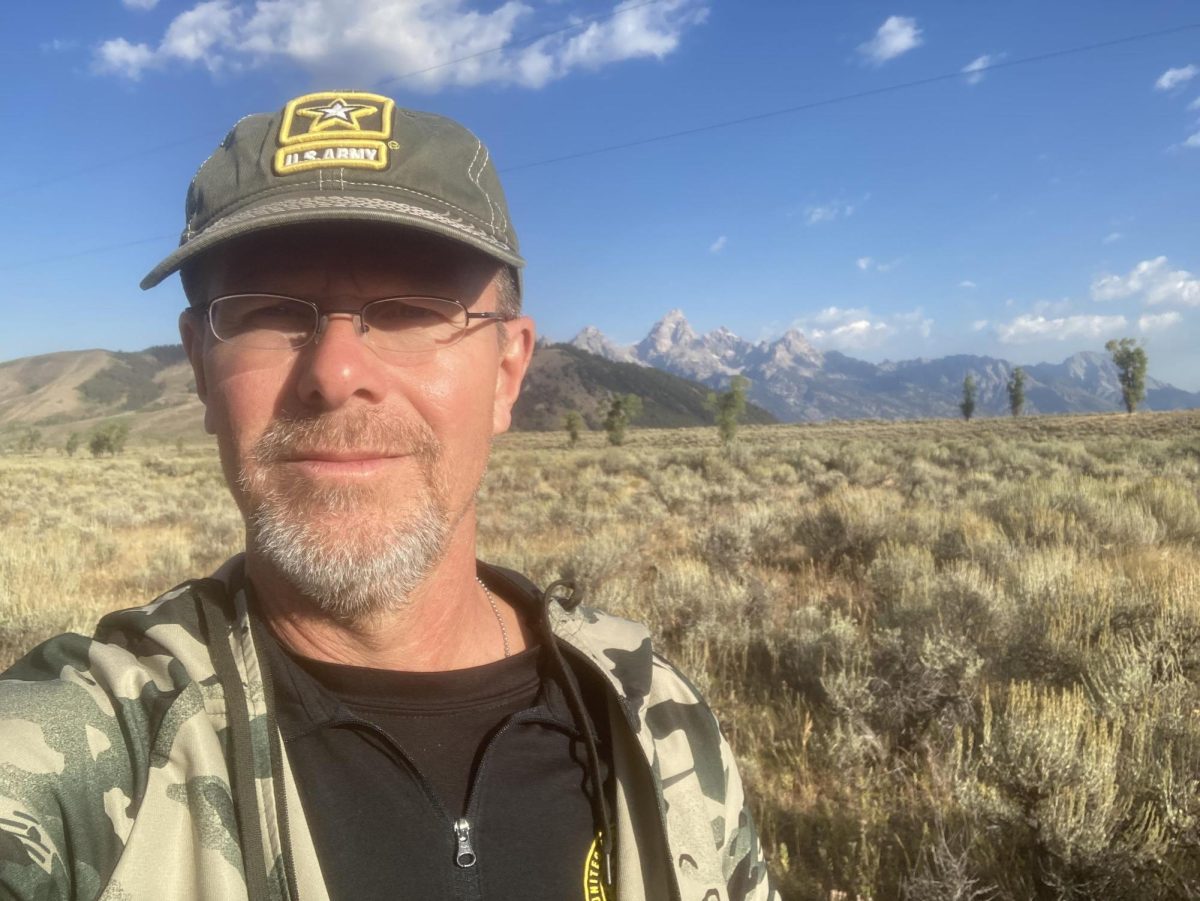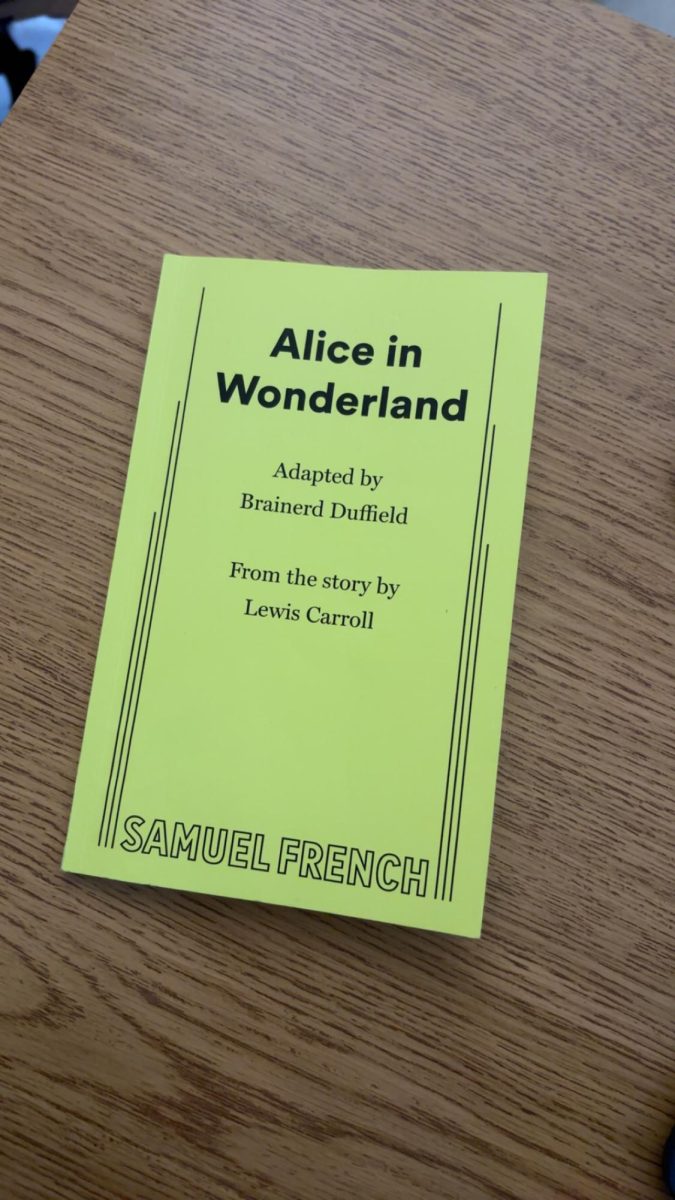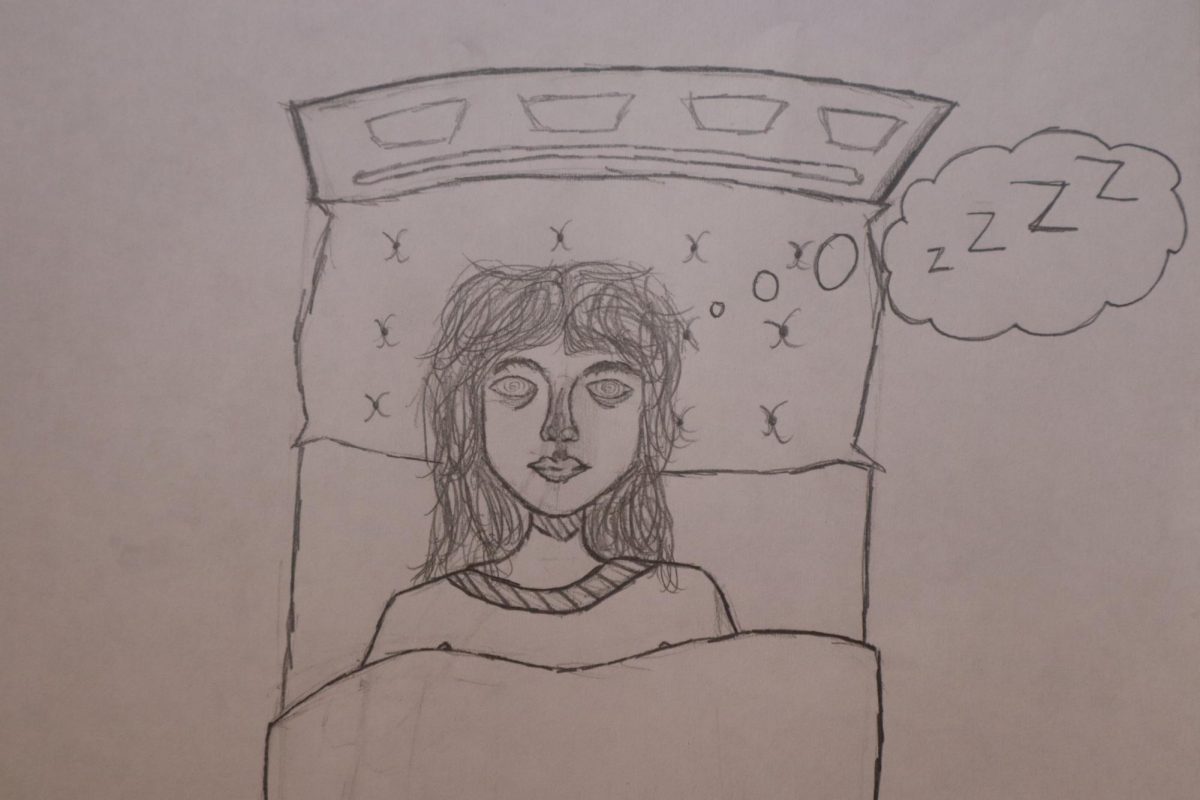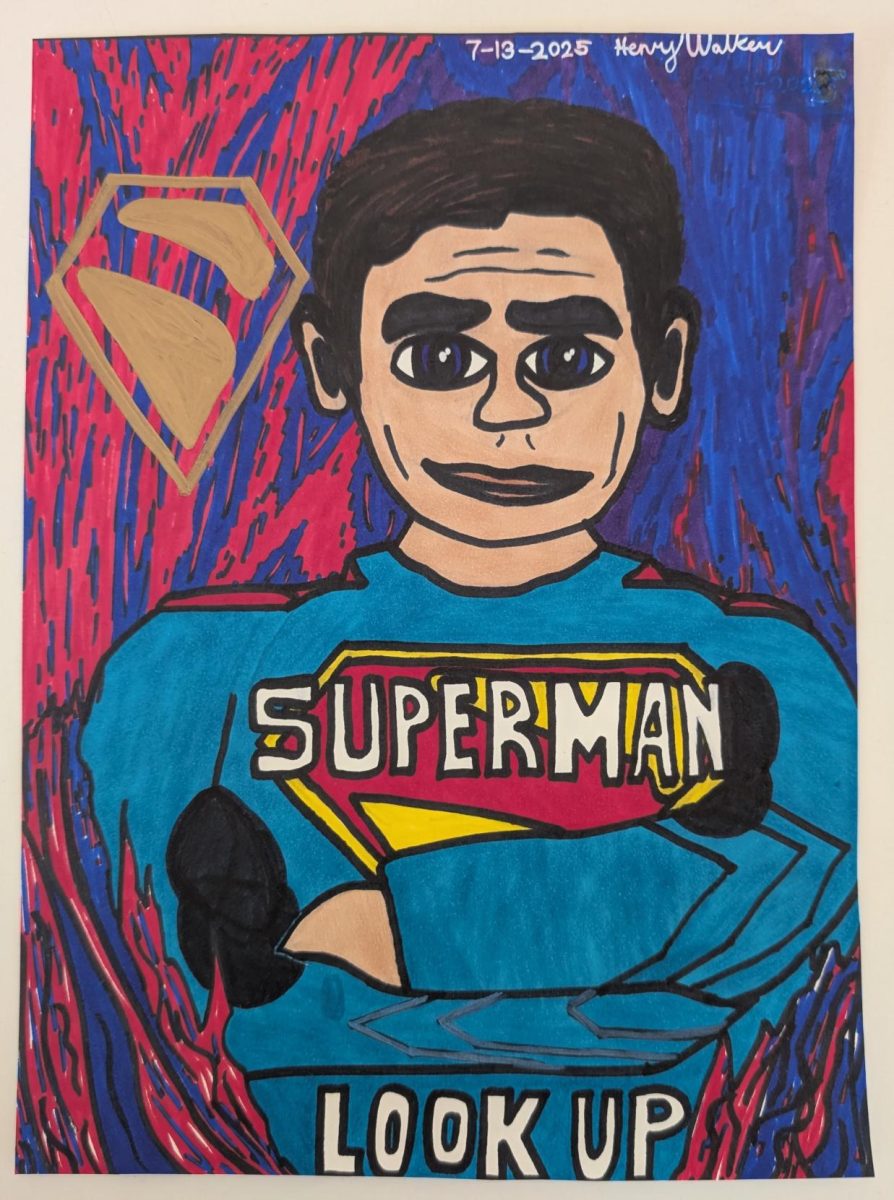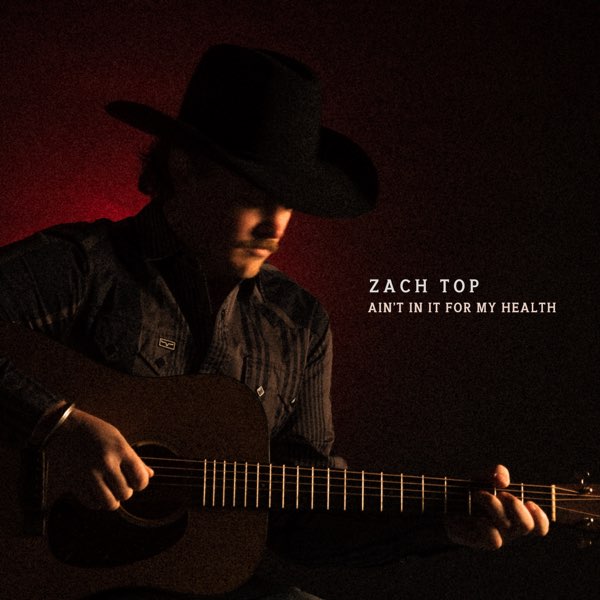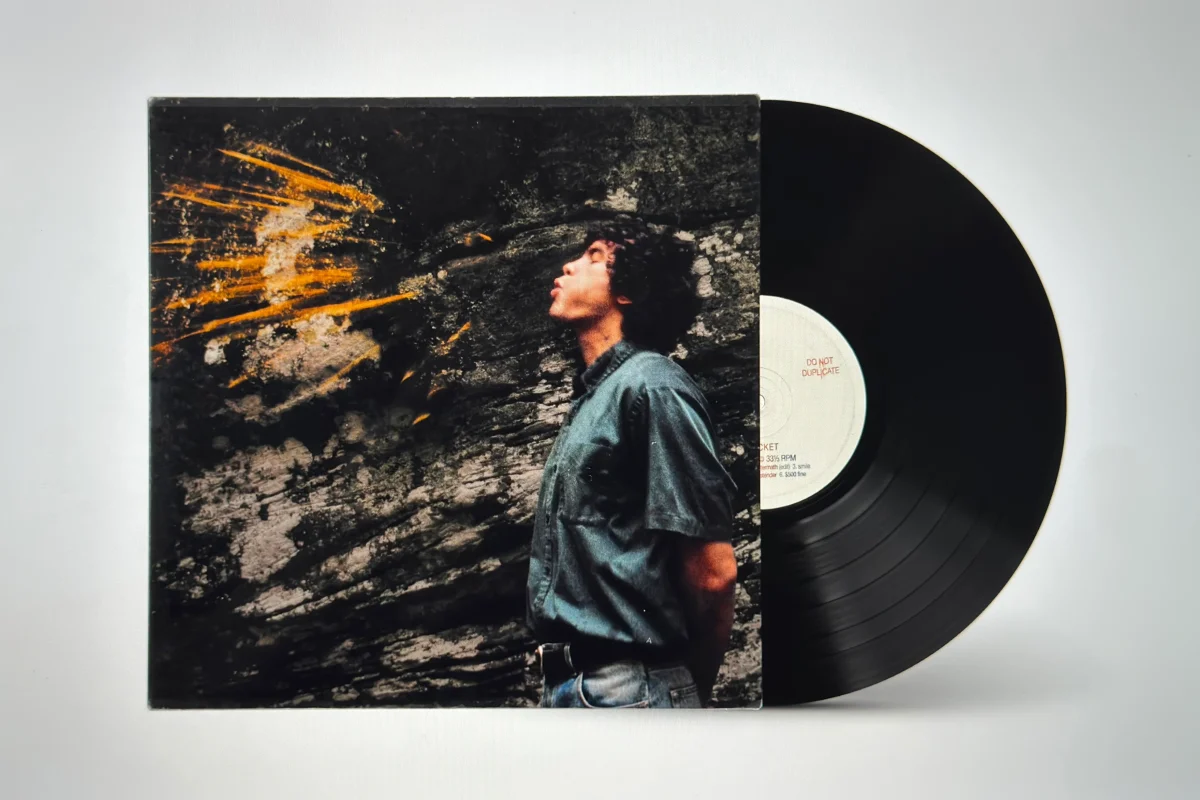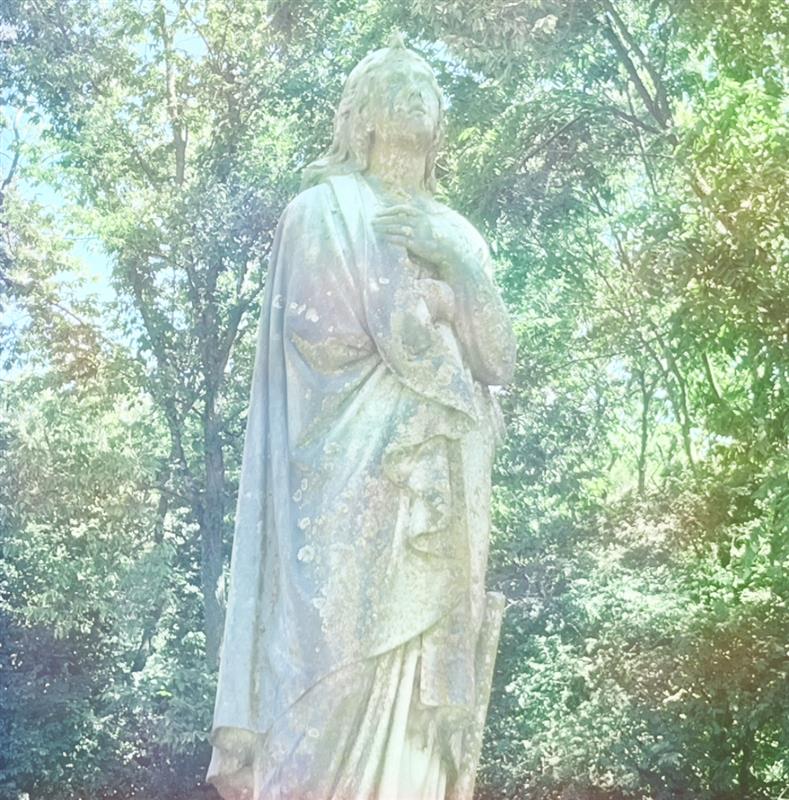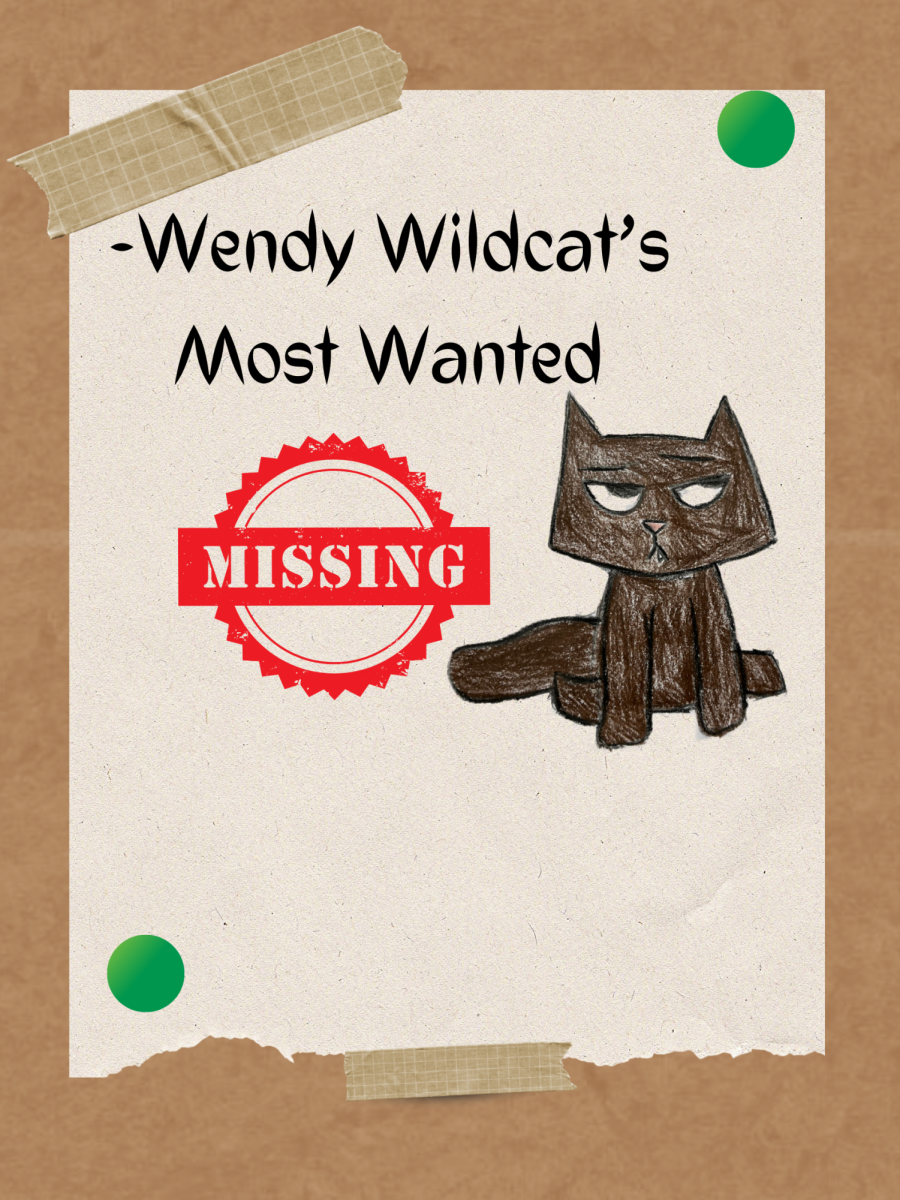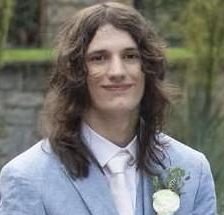“What are you going to do with your life?”
At some point in their life, everyone is asked this question, but what if you didn’t have an answer? A few weeks ago, someone asked me this question. I quickly responded with “Postal fraud investigator.” Very niche occupation, I know, but still, it pays well.
Next time someone asks you this question and you feel unprepared, let them know that centuries of philosophy and many wise people today support you in not having your five or ten year plan fully plotted out. Live in the moment, find purpose in what you are doing, not what you want to someday do, and understand that any plans you make need to be approached with flexibility.
Well-meaning grownups keep asking, though. In the past my answers have included history teacher, archeologist, FBI agent, pilot, or bureaucrat, and more. Who knows what I’ll say in a week. This year alone, I’ve considered at least four of these careers and I still don’t feel any closer to actually deciding what I intend to do with my life. I’m interested in all of these careers, but I’m not sure I could imagine doing just one for the rest of my life. There are so many factors to consider, such as money, career stability, what kind of school (if any at all) is necessary, where to go to school, and so many other factors that picking just one field to devote yourself to would be difficult. It is true that you could try and go back to school to learn a new trade or profession, but this just is not an option for everyone. There’s also a lot of pressure on students to go to college, with many students feeling like attending college is the only acceptable option. But as Bob Marley once said, “Every man gotta right to decide his own destiny.” Don’t let anyone else tell you what you have to do. Figure out what works best for you.
Many students find themselves scared for the future. Whether or not they’ll get into the school they want, find the job they want, or just if everything will fall into place. Many have a fear of the future, or anticipatory anxiety. It’s perfectly normal to feel this way. Everyone at some point will be confused about what the future holds.
Because this feeling is less than ideal, I aimed to solve it for myself. I read countless books from different cultures to try and educate myself on how they would deal with it. My personal favorite was Dokkodo (which translates to the Path of Aloneness), by legendary swordsman and philosopher Musashi Miyamoto, written in 1645 a week before his death. While better known for his swordsmanship skills, Miyamoto in his later years also wrote many books about the way of the warrior and guidelines for life.
Dokkodo is a set of twenty-one precepts that act as guidelines to life. The 21st precept is to never stray from the way, which essentially means that since life is short, you should value the time you have instead of worrying about the future.
Another text I read was the Taoist scripture, the Tao Te Ching by Lao Tzu. Tzu was a Chinese philosopher who lived somewhere between 500 to 400 B.C.E. The quote reads, “Trying to control the future is like trying to take the master carpenter’s place. When you handle the master carpenter’s tools, chances are that you’ll cut your hand.” In other words, this means that the future is largely outside of your control, so worrying about it is pointless. I also researched western philosophies.
Another well of wisdom is the philosophy of stoicism, which was founded in 300 B.C.E by Zeno of Citium. He believed that thinking and worrying about the future would cause neglect of the present, essentially meaning that thinking too much about the future would cause people to lose sight of the present and not value the time they have.
I also took a look on Google and Youtube, and found a quote by one of my role models, Willie Nelson. He once said, “I don’t like to think too far ahead” when asked about the future.
I think it’s an admirable philosophy. Sure, it’s good to have an idea of what you want to do in life, but life’s too unpredictable and wild to fully plan out everything you want to do. I think having an idea of what you want to do is helpful, but it’s best to adapt accordingly and to go with the flow.
Something else I found was a video of actor Bryan Cranston. In the video, Cranston talks about how after high school, people are still only 18, and for the first time in their lives they’re adults. They’re no longer required to be somewhere and they have freedom. His message was to explore that freedom. Maybe that means traveling, maybe it means embracing spontaneity, or maybe it means volunteering for a noble cause. By embracing this freedom, people may learn their purpose in life, their strengths, and their passions. You have to embrace the journey, because it will shape who you are. This is all just what worked for me though, how can you find what works for you?
In order to find something to help you, you need to be willing to do research. Read books, watch movies, go outside your comfort zone. Explore different cultures and philosophies.
President Franklin D. Roosevelt once said, “There are many ways of going forward, but only one way of standing still.” There are thousands of books you can read, movies you can watch, and cultures to explore- these can all help you feel better about the future. But there’s only one way to feel worse about it: doing nothing. It’s okay to worry and feel anxious about the future, but doing nothing about it will only harm you. It is also important to draw wisdom and information from multiple sources. Following one philosophy and set of ideas would grow stale and lose its meaning over time. If you’re not open to researching philosophical ideas and different cultures, why not try talking to other people? Lessons on what to do about this feeling can come from anyone or anywhere. Everyone has something that they can teach you. And if that still doesn’t appeal to you, try some self reflection. Ask important questions about yourself and what you want. Ultimately, only you can address and move past anxiety about your future.
You are not alone in not knowing what to do with your life. Whether it be what worked for me, or my advice on how to find what works for you, hopefully something will help you put an end to that dreadful feeling.

